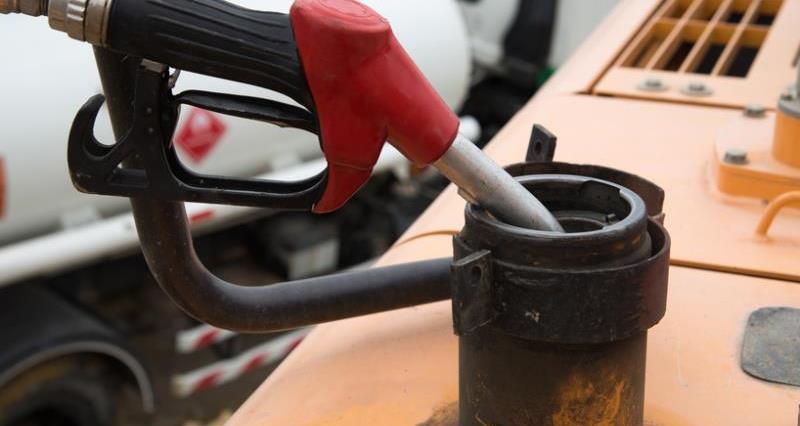The NFU has been working with a group of industry stakeholders and government representatives to address the problem, and plan for more detailed analysis of filter and fuel samples to identify the cause of problems.
What advice is available?
- The NFU’s science and regulatory affairs team has written a briefing for members providing information on the issue and an update on actions to investigate the causes and solutions. Read the briefing here.
- The responses previously received from the NFU's biodiesel survey have been analysed. A report of the results was presented to the Agricultural Filter Blocking Taskforce, of which both the NFU and NFU Scotland are members, alongside the Department for Transport, British Standards Institute and various fuel producers, suppliers and trade associations. Read the report here.
The report was greatly appreciated by the taskforce, as a way of better understanding the nature and scope of the problem. The results will be used to inform the direction of future testing and actions.
The NFU was asked to collect more fuel samples for testing, which is currently underway. The NFU will continue to update the taskforce as responses from members are received.
What exactly is happening?
The reports are of fuel filters in farm machinery blocking up unusually quickly, needing to be replaced far more frequently than expected. The substance found to be blocking the filters varies between reports but commonly consists of a black slime or a clear wax. Affected machinery includes a range of makes and models, costing members both time and money.
What is the NFU doing?
The NFU and NFU Scotland have been in discussions with the Department for Transport, as well as a range of industry experts and stakeholders to try to understand the cause of the issue.
Representatives of both fuel producers and distributors acknowledge that agricultural users of diesel are experiencing problems with material becoming trapped in filters causing fuel starvation, however, to date, there has been no definitive answer to the cause.
The NFU is aware that numerous fuel samples have been tested and the results show that samples are within specification.
We would like to make members aware that, as this is a complex and large-scale problem, it may be some time before causes and solutions to the problem can be fully identified.
What to do if you've experienced issues
- Contact your fuel supplier to make them aware of the problem.
- Ensure you are storing fuel on farm in suitable conditions – you can read more information on this here.
- In order to better understand the scale and extent of any problems we are asking members who have experienced issues to contact us by email. We will then be in touch to ask a few questions about the incident. You can see the questions that we'd like to ask here.
Use the links below to email us directly:

